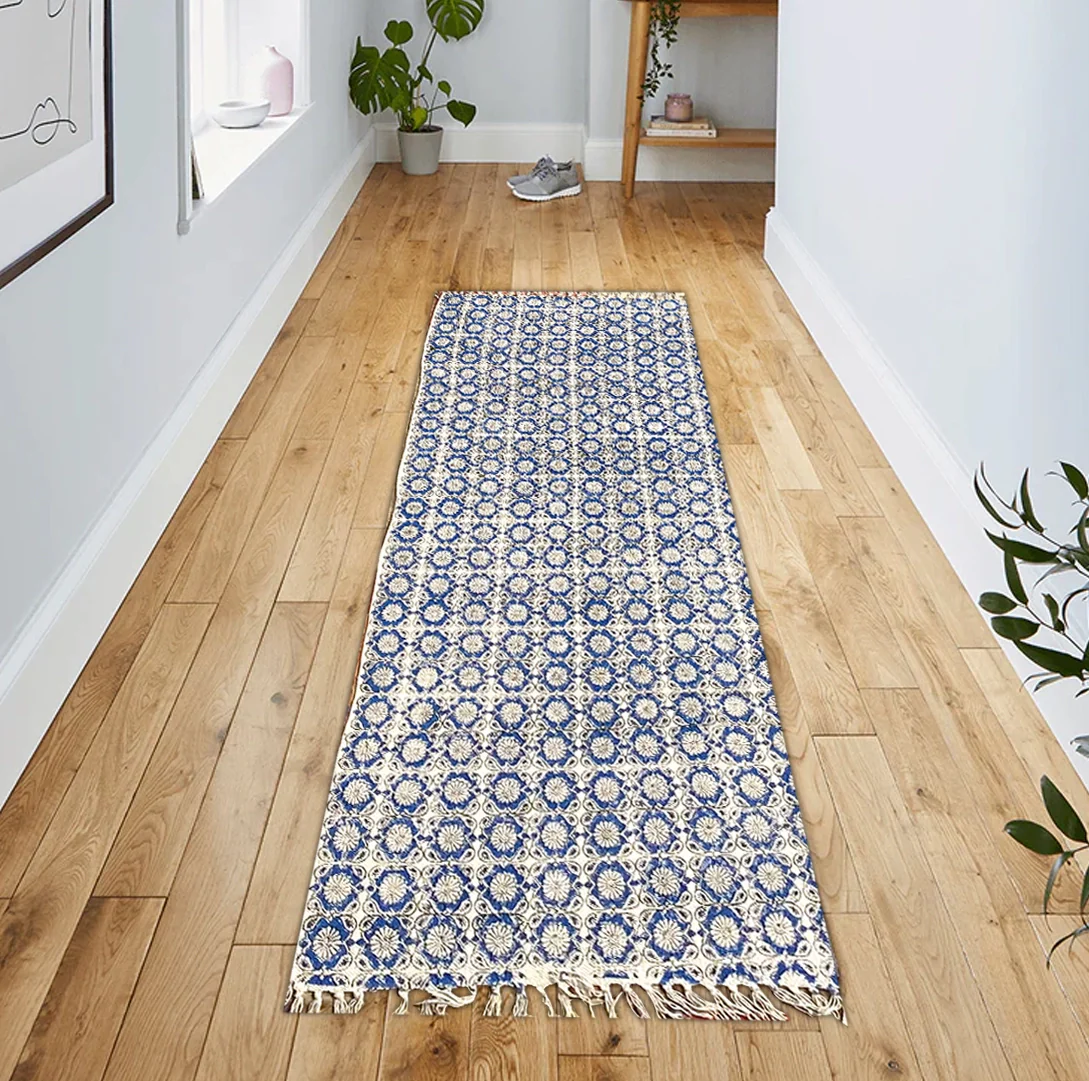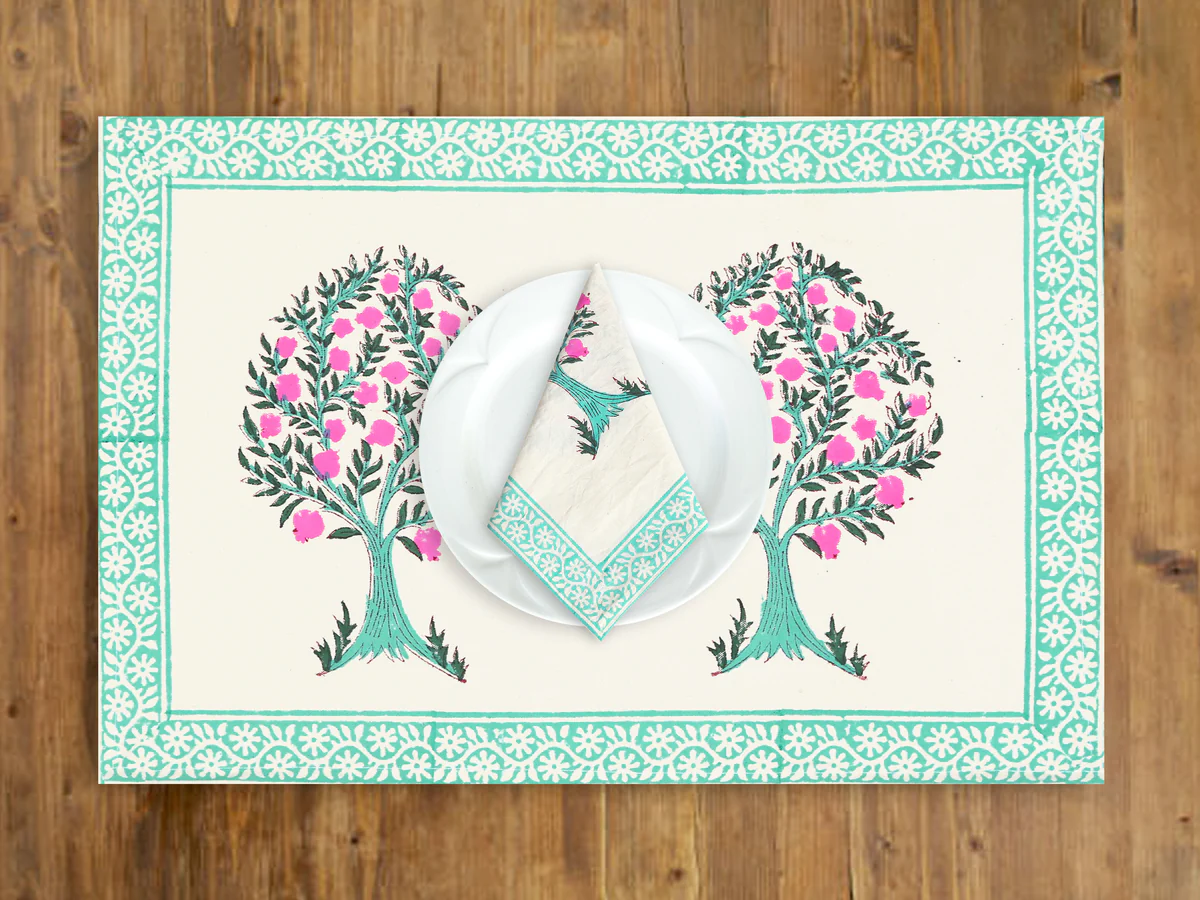Housekeeping Hacks: Hotel Cleanliness Guide

Keeping a hotel clean and well-maintained is essential for ensuring guest satisfaction and maintaining a good reputation. A clean and tidy environment not only improves guest comfort but also helps prevent the spread of germs and bacteria. Housekeeping plays a crucial role in maintaining the cleanliness and hygiene of the entire property. Whether you manage a small inn or a luxury hotel, following simple housekeeping hacks can help maintain a spotless space.
Importance of Cleanliness in Hotels
Cleanliness is one of the most important factors that guests consider when choosing a hotel. A clean environment reflects professionalism and care, making guests feel more comfortable and welcome. On the other hand, poor cleanliness can lead to negative reviews, which may affect the hotel’s reputation. Therefore, maintaining high cleanliness standards is essential for guest satisfaction and repeat business. Many hotels train their housekeeping staff through reputed institutes like the Best Hotel Management College in Kota to ensure they deliver quality service.
Daily Cleaning Routine for Hotel Rooms
A structured cleaning routine helps ensure that no area is missed. Housekeeping staff should follow a step-by-step approach to clean guest rooms efficiently. The daily routine includes:
-
Dusting and Vacuuming: All surfaces, including furniture, shelves, and countertops, should be dusted regularly. Floors should be vacuumed or mopped to remove dirt and debris.
-
Bathroom Sanitization: Bathrooms need special attention to avoid the buildup of bacteria. Clean and disinfect toilets, sinks, showers, and mirrors thoroughly. Replace used towels and toiletries with fresh ones.
-
Changing Linens: Fresh bed linens should be provided for every new guest. Housekeeping should check for stains and ensure the bed is neatly made.
-
Restocking Essentials: Ensure that all necessary items, such as soap, shampoo, and tissue paper, are replenished daily.
Use of Microfiber Cloths for Better Cleaning
Microfiber cloths are more effective at trapping dust, dirt, and bacteria than regular cloths. They are reusable, eco-friendly, and reduce the need for chemical cleaners. Housekeepers should use microfiber cloths for wiping down surfaces, mirrors, and windows. Using different color-coded cloths for different areas, like bathrooms and guest rooms, can prevent cross-contamination.
Efficient Time Management for Housekeeping
Time management is essential for housekeeping staff to complete tasks efficiently. By following a systematic routine, housekeepers can cover more rooms in less time. They should start by inspecting the room, removing any trash, and then proceed with dusting, vacuuming, and sanitizing. Multi-tasking techniques, like cleaning while inspecting, can save time without compromising quality.
Deep Cleaning Schedule for Public Areas
Public areas such as the lobby, elevators, and hallways require regular deep cleaning. These high-traffic areas accumulate dirt quickly and can affect the overall impression of the hotel. A deep cleaning schedule should be followed weekly or bi-weekly to maintain hygiene.
Key tasks for deep cleaning include:
-
Carpet shampooing and stain removal
-
Polishing and disinfecting surfaces
-
Cleaning air vents and ducts
-
Sanitizing high-touch areas like doorknobs and elevator buttons
Proper Waste Management Techniques
Effective waste management helps maintain cleanliness and prevents foul odors. Housekeeping staff should ensure that trash bins are emptied regularly and disposed of correctly. Recycling practices should also be encouraged to reduce environmental impact. Segregating waste into biodegradable and non-biodegradable bins makes disposal more efficient.
Preventing Cross-Contamination
Cross-contamination can spread germs and bacteria from one area to another. To prevent this, housekeeping staff should follow these practices:
-
Use separate cleaning cloths and mops for bathrooms and guest rooms.
-
Sanitize tools after each use.
-
Wear gloves and change them frequently.
-
Use disinfectant sprays to clean high-touch surfaces.
Handling Guest Laundry Properly
Guest laundry should be handled with care to maintain hygiene standards. Dirty laundry should be separated from clean linens to avoid contamination. Washing machines should be regularly sanitized, and the correct detergent should be used to ensure effective cleaning. Additionally, folding and storing clean laundry in a designated area helps maintain order.
Stocking Cleaning Supplies Adequately
Keeping an adequate stock of cleaning supplies ensures that housekeeping staff can perform their duties without delay. Essentials such as disinfectants, detergents, gloves, and trash bags should be readily available. Regular inventory checks help prevent shortages and ensure that all necessary items are on hand.
Training and Supervising Housekeeping Staff
Proper training is key to maintaining high cleanliness standards. Housekeeping staff should be trained to follow best practices and use cleaning equipment correctly. Supervisors should conduct regular inspections to ensure compliance with hygiene standards. Institutions like the top hotel management center in Kota provide comprehensive training that helps develop professional housekeeping skills.
Implementing Quality Control Measures
Quality control helps maintain consistency in housekeeping standards. Regular audits and surprise inspections can identify areas that need improvement. Feedback from guests can also provide insights into areas where cleanliness can be enhanced. A well-maintained property reflects the dedication of the housekeeping team.
Using Eco-Friendly Cleaning Products
Switching to eco-friendly cleaning products reduces environmental harm and promotes sustainability. These products are free from harsh chemicals and are safe for both guests and staff. Many hotels are adopting green practices to meet guest preferences for environmentally responsible accommodations.
Final Inspection Before Guest Check-In
A final inspection before check-in ensures that the room meets all cleanliness standards. Housekeeping supervisors should check for any missed spots and ensure that all amenities are in place. This final check adds an extra layer of assurance that the room is ready to welcome guests.
Maintaining Hygiene in Dining and Kitchen Areas
Kitchen and dining areas require strict hygiene protocols. Surfaces, utensils, and equipment should be cleaned and sanitized after each use. Proper food storage and waste disposal prevent contamination and maintain food safety. Housekeeping and kitchen staff should work together to maintain high hygiene standards.
Conclusion
Maintaining cleanliness in a hotel is essential for ensuring guest satisfaction and preserving the hotel’s reputation. Housekeeping staff should follow a systematic approach to keep all areas clean and hygienic. Institutions like AHA Kota provide the necessary training to develop housekeeping skills that meet industry standards. By adopting smart cleaning techniques and maintaining high hygiene protocols, hotels can create a safe and comfortable environment for their guests.







